Are you feeling overwhelmed by the job search process and don't know where to start?

Whether you're a recent graduate looking for your first job or a seasoned professional searching for a new opportunity, the job search process can be daunting.

With the Eisenhower Matrix, you can approach the job search with a clear and systematic plan, allowing you to focus your efforts where they will have the greatest impact.
What is the Eisenhower Matrix?
The Eisenhower Matrix is a productivity tool that helps you prioritize your tasks by breaking them down into 4 categories based on their urgency and importance:
Urgent & Important —Do it now
Important but Not Urgent —Schedule
Urgent but Not Important —Delegate/Receive help
Not Urgent & Not Important —Delete
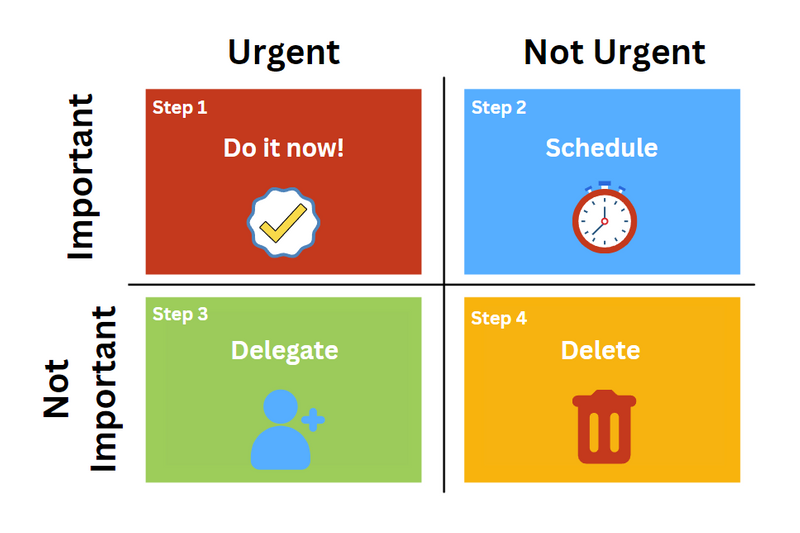 This image was created by the Author using Canva, with information from Eisenhower.me.
This image was created by the Author using Canva, with information from Eisenhower.me.
Using the Eisenhower Matrix, you can:
choose to do any or all of the tasks mentioned.
add any other tasks that you find appropriate for your own job search.

Step 1: Urgent & Important
These are tasks that demand immediate attention.
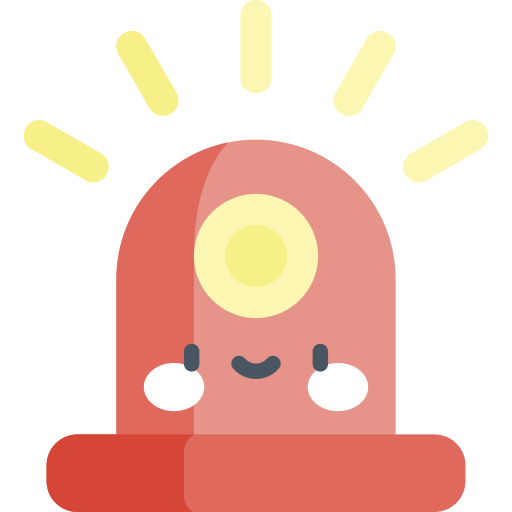 For example:
For example:
Deadlines
 Resume/Portfolio: Make sure your resume is always up-to-date. Showcase your projects and skills.
Resume/Portfolio: Make sure your resume is always up-to-date. Showcase your projects and skills.
 Submit job applications: Submit your resume/portfolio for positions that have a fast-approaching deadline.
Submit job applications: Submit your resume/portfolio for positions that have a fast-approaching deadline.
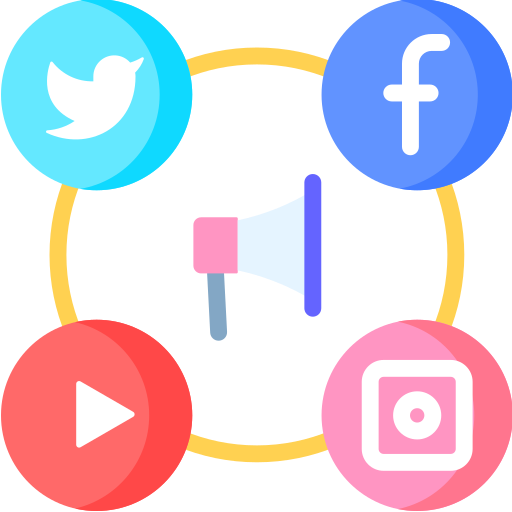 Networking: Connect with people who work at companies where you're interested in applying for a job. Join a job fair or other networking events.
Networking: Connect with people who work at companies where you're interested in applying for a job. Join a job fair or other networking events.
 Swift responsiveness: Respond to emails and phone calls from potential employers or recruiters as soon as possible.
Swift responsiveness: Respond to emails and phone calls from potential employers or recruiters as soon as possible.
Step 2: Important but Not Urgent
These are tasks that are scheduled and important for long-term success but don't have to be done right away.
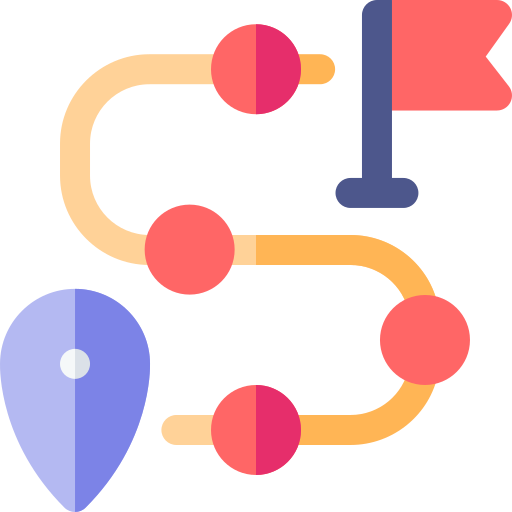 For example:
For example:
Personal Growth and Goal Planning Activities
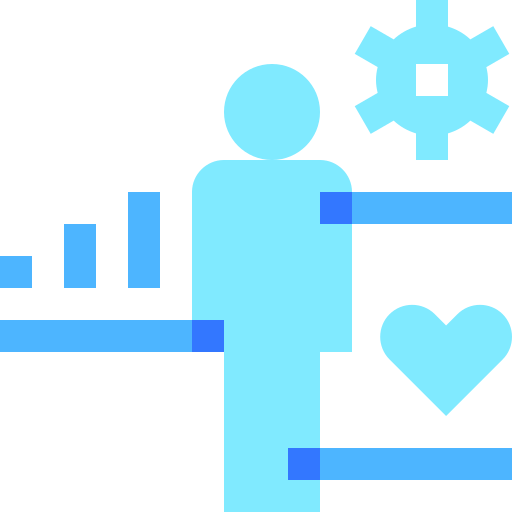 Acquire new skills: Research skills and tools you can learn to improve yourself in a desired field.
Acquire new skills: Research skills and tools you can learn to improve yourself in a desired field.
 Tailor your resume and cover letter: Customize your job application to match the specific job you're applying for.
Tailor your resume and cover letter: Customize your job application to match the specific job you're applying for.
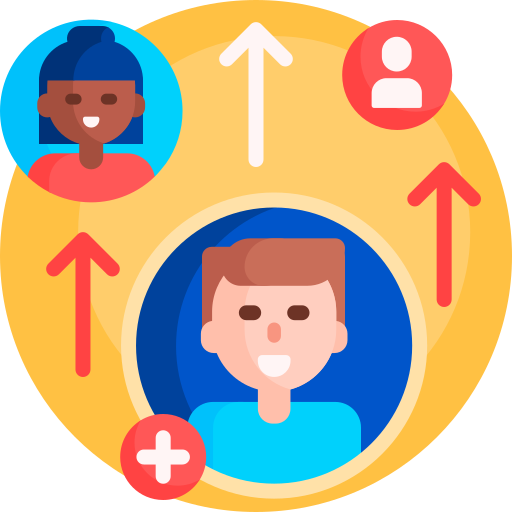 Follow up with potential employers: Send thank-you notes or emails after an interview, or check on a hiring manager about the status of your application.
Follow up with potential employers: Send thank-you notes or emails after an interview, or check on a hiring manager about the status of your application.
 Research & Learn: Learn how to answer the types of questions you could encounter during interviews.
Research & Learn: Learn how to answer the types of questions you could encounter during interviews.
Step 3: Urgent but Not Important
These are tasks that are urgent but require assistance. 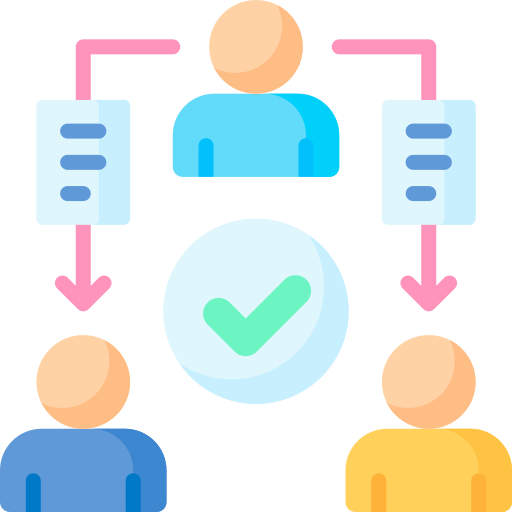 For example:
For example:
Receive Help
 From your community:
From your community:
Get feedback on your resume/portfolio/cover letter from your friends, teachers, or any other community you're involved in.
Job searching can be a rollercoaster of emotions. Vent to your friends, family, and online communities.
 From digital/online tools:
From digital/online tools:
Reword your cover letter to sound more professional.
Prepare for interviews.
Find references.
Use platforms like Notion to think, write, and plan.

From social media: Share your experience on social media. You might receive help from someone with similar experiences, or discover new opportunities.
Quiz
Which task(s) could be considered urgent but not important? Select all that applies.
Step 4: Not Urgent and Not Important
These are tasks that are non-essential for you.
 For example:
For example:
Unproductive Activities
 Scrolling through social media feeds for hours without a specific purpose.
Scrolling through social media feeds for hours without a specific purpose.
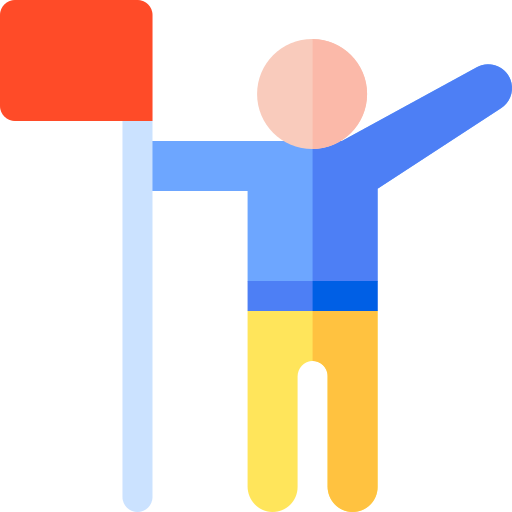 Comparing yourself to others. Focus on your journey!
Comparing yourself to others. Focus on your journey!
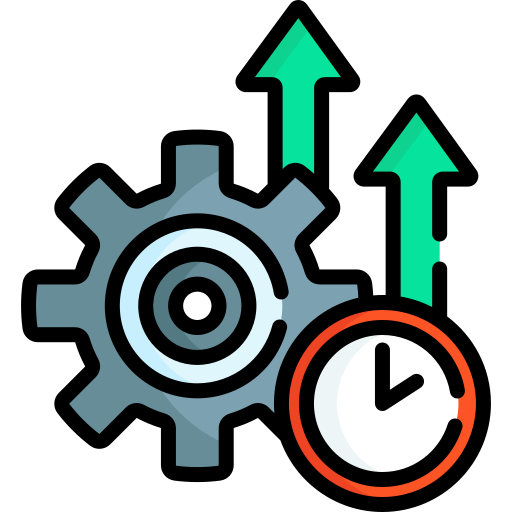 Spending time on self-improvement activities that don't relate to your career goal.
Spending time on self-improvement activities that don't relate to your career goal.
 Spending too much time researching potential employers without taking action to apply or network.
Spending too much time researching potential employers without taking action to apply or network.
Take Action
I know the job-searching process can be stressful. Use the Eisenhower Matrix to help you to prioritize tasks in your job-search!

Your feedback matters to us.
This Byte helped me better understand the topic.
